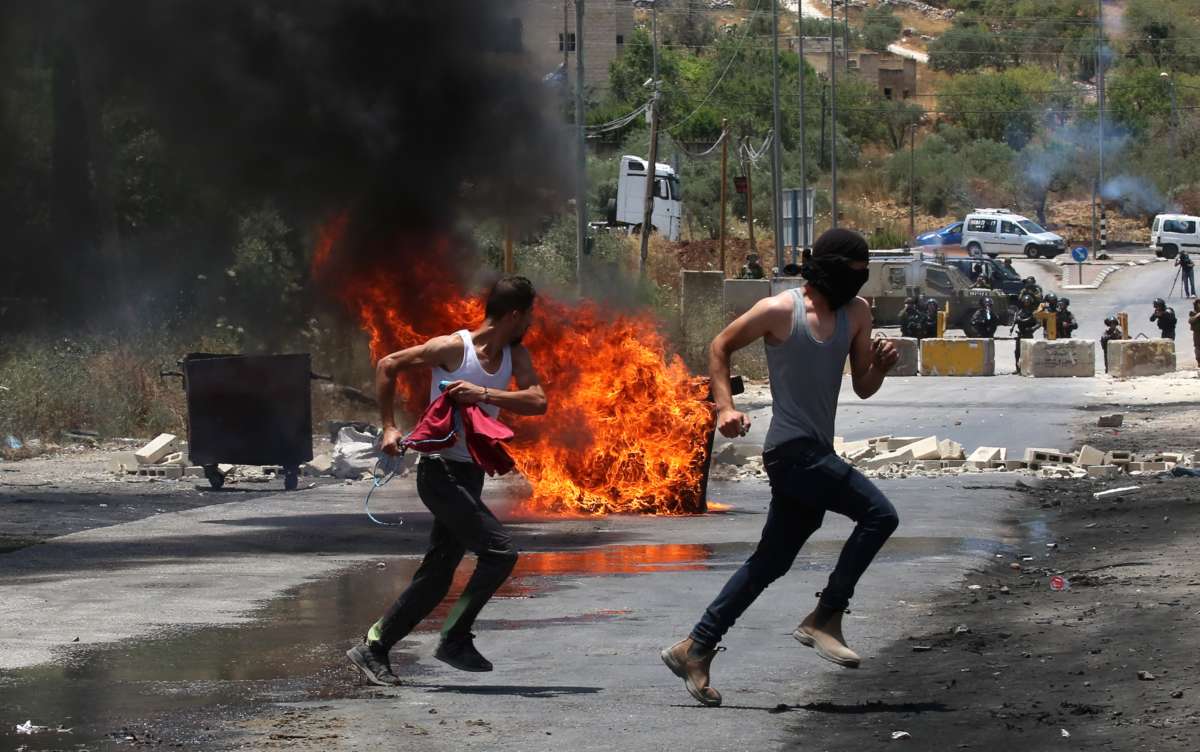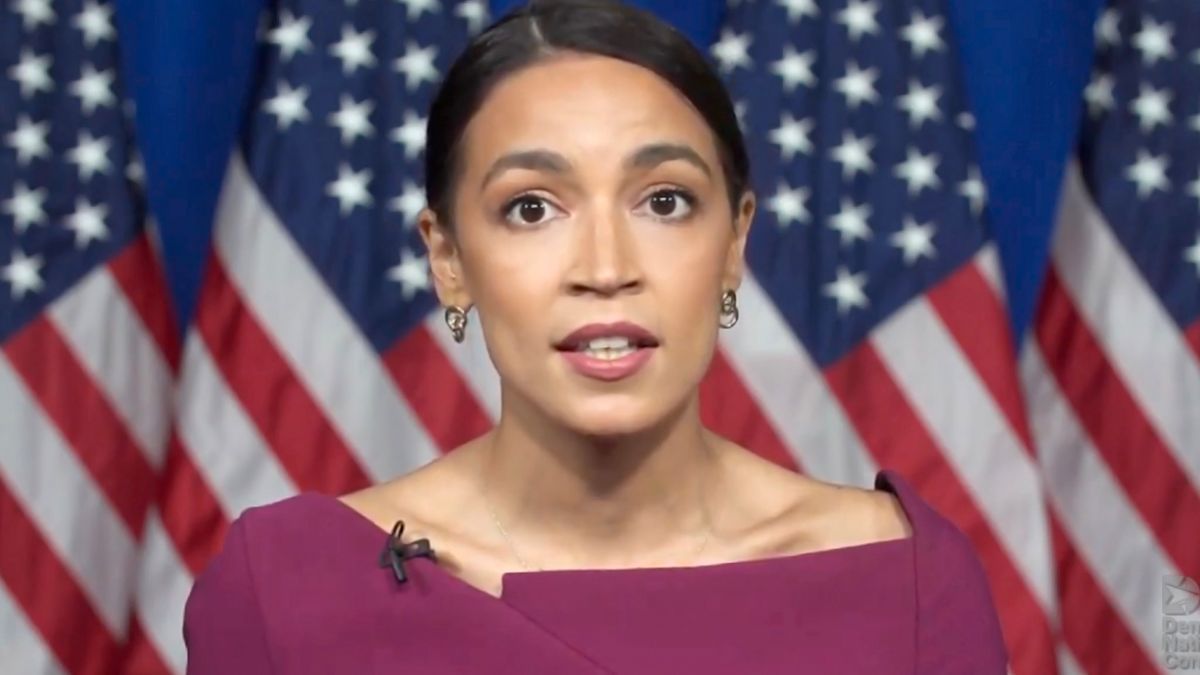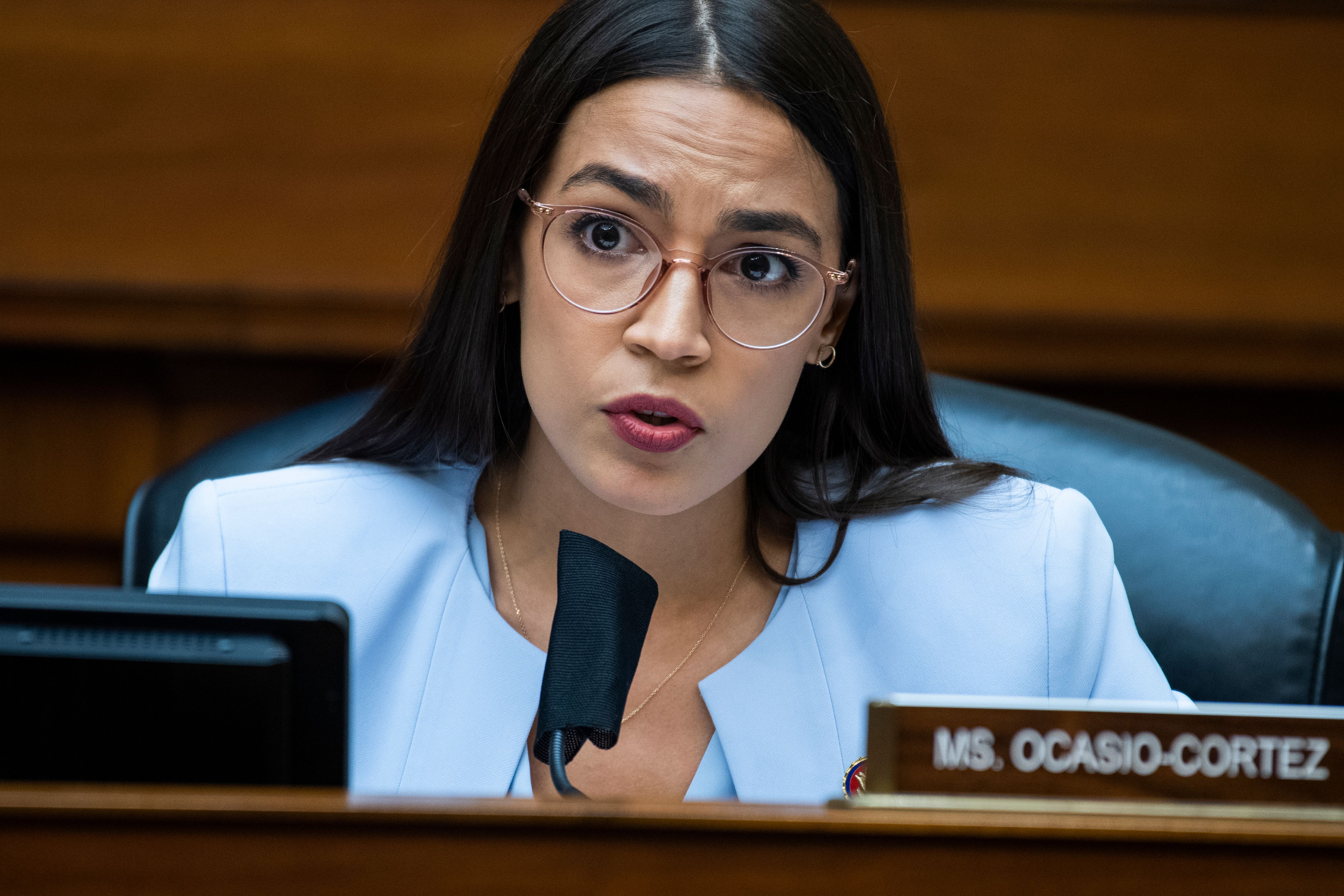Vice President Kamala Harris's whirlwind swing recently through Guatemala and Mexico will do little to quell concerns in the short run about the latest surge of undocumented immigrants crossing our southern border, but it's as good an occasion as any to take a measure of President Joe Biden's emerging immigration doctrine.
A lot has happened on immigration since Biden took office, but the administration's actions so far have been less about breaking new ground than trying to repair the enormous damage done by Donald Trump, the single most anti-immigrant president in modern history.
Trump's attitude toward pretty much any immigrant who didn't spring from "good" Nordic stock — he always seemed especially keen on immigrants from Norway — is that they had to be kept out of our country at all costs, unless they worked at one of his resorts. "If you're a good worker, papers don't matter," a former Trump employee once told Rolling Stone magazine.
The biggest difference between Trump's immigration agenda and Biden's is that the former president used immigration policy as a cudgel designed to punish the world's "huddled masses," while the Biden White House has assumed an arguably more compassionate and pragmatic stance.
Since taking office, Biden's policy shifts have included:
- An end to Trump's "remain in Mexico" order that forced refugees seeking asylum to stay in Mexico as they awaited their day in federal immigration court, even if it meant they were forced to live in squalid camps or on the streets, often at great personal risk. "The U.S.-based rights group Human Rights First has documented at least 1,544 acts of murder, rape, torture and kidnapping" of refugees ordered to remain in Mexico under the Trump-era policy, according to Al Jazeera.
- An end to a family separation policy that commanded federal agents to snatch thousands of children from their parents as part of a barbaric strategy by the Trump administration to deter immigrant families from crossing the border undocumented. Tragically, more than 2,100 migrant children still have not been reunited with their parents, largely because Trump authorities did such a hamfisted job of tracking the parents' and children's whereabouts. In many instances, parents were deported with no plan by the U.S. about how to eventually reconnect them with their children.
- A halt to construction of Trump's "big, beautiful border wall," which I liken more to a montrously stupid boondoggle due to its ridiculous cost and because it was doomed to fail. As has often been said, build a 20-foot wall and human smugglers will build a 21-foot ladder.
- A decisive move by the White House to protect "Dreamers," the hundreds of thousands of immigrants brought to the U.S. as children by their undocumented parents in recent decades. For his part, Trump tried everything to boot Dreamers out of the country, even though many Dreamers know little or nothing about their countries of origin and three-quarters of Americans polled say we should let them stay and earn U.S. citizenship.
While Biden has made a marked shift away from Trump's broadly punitive and often downright cruel policies, the new president's approach is hardly a wide open welcome mat. Some 500,000 immigrants have been deported since Biden took office, according to a recent New York Times analysis.
Some critics blame the ongoing wave deportations in part on Biden's continued enforcement of a provision in U.S. health law (Title 42) Trump implemented early in the pandemic which instructs federal immigration agents to deport migrants to stop the spread of COVID-19. (This, even though Americans throughout most of 2020 were among the most contagious people on the planet.) Unlike Trump, Biden is at least letting unaccompanied children who arrive in search of asylum remain in the U.S., at least until they have their day in court.
Harris's trip to Central America and Mexico, meanwhile, was meant to send a message the White House understands that people wouldn't be risking their lives to get to the U.S. if things weren't so bad at home.
The ultimate goal, which Harris admits would take years to achieve, is to boost the economies and stem the violence enough in countries like Guatemala, Honduras, El Salvador and Mexico so that people there won't want to leave. (Incidentally, Pew Research Center reports that fewer undocumented immigrants are arriving from Mexico, while more are coming from Central America and Asia these days.)
The Biden-Harris approach actually makes sense. But the fundamental flaw in that argument is that it ignores immigration's 800-pound gorilla: the complex, evolving nature of the U.S. job market and our country's wider demographics.
The truth is that most of the world's migrants don't come to America yearning for "life, liberty and the pursuit of happiness" but because they want a better standard of living, which basically means getting a better education and job than they left behind.
While Biden's approach to immigration is starkly more humane than Trump's, its shortcoming — which dates back at least a century in U.S. immigration policy — is that it treats the issue mainly as a law enforcement problem instead of a human rights and labor issue.
If we are, as we claim, the greatest democracy history has ever known, and if we expect, as we do, to remain the wealthiest nation on earth, we're going to need more workers and we're going to have to pay them a livable wage.
The underlying problem that usually gets drowned in the immigration debate is this: The U.S. population is growing proportionally older by the day. In 2050, nearly one in four Americans will be 65 and older, as compared to 1950 when just 8 percent of Americans fit that demographic.
Simply stated, America must grow its pool of young workers to help support its increasingly aging population. This looming worker shortage, some say it already exists, is also plaguing other leading world economies, including Japan, England, Germany and China, which recently announced couples there would now be allowed to have up to three children.
So, how do we grow a younger workforce?
Well, until human cloning becomes easy as making cell phones, there's only two ways to do that. You either have more babies, which most Americans don't want to do because it cramps their middle-class lifestyles, or you boost immigration, which most Americans don't want to do because too many American politicians have convinced them immigrants are more of a threat than benefit to our nation. In a recent poll, only about one-third of those surveyed said they thought the U.S. should boost immigration levels.
The solution to this quandary?
We must change our country's attitude toward immigrants and welcome more of them in, and we need to start doing both of those things as soon as possible or else our economy will falter.
The Arizona Mirror, an independent, nonprofit news organization, amplifies the voices of Arizonans whose stories are unheard; shines a light on the relationships between people, power and policy, holds public officials accountable; and provides a platform for progressive opinions. Arizona Mirror is part of States Newsroom, a national 501(c)(3) nonprofit supported by grants and a coalition of donors and readers.













